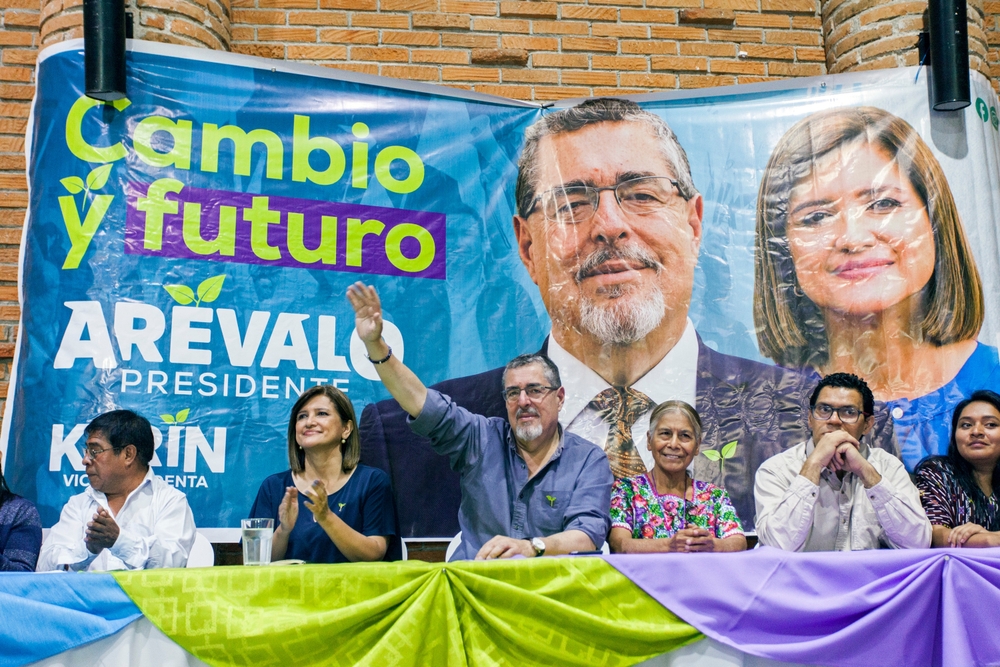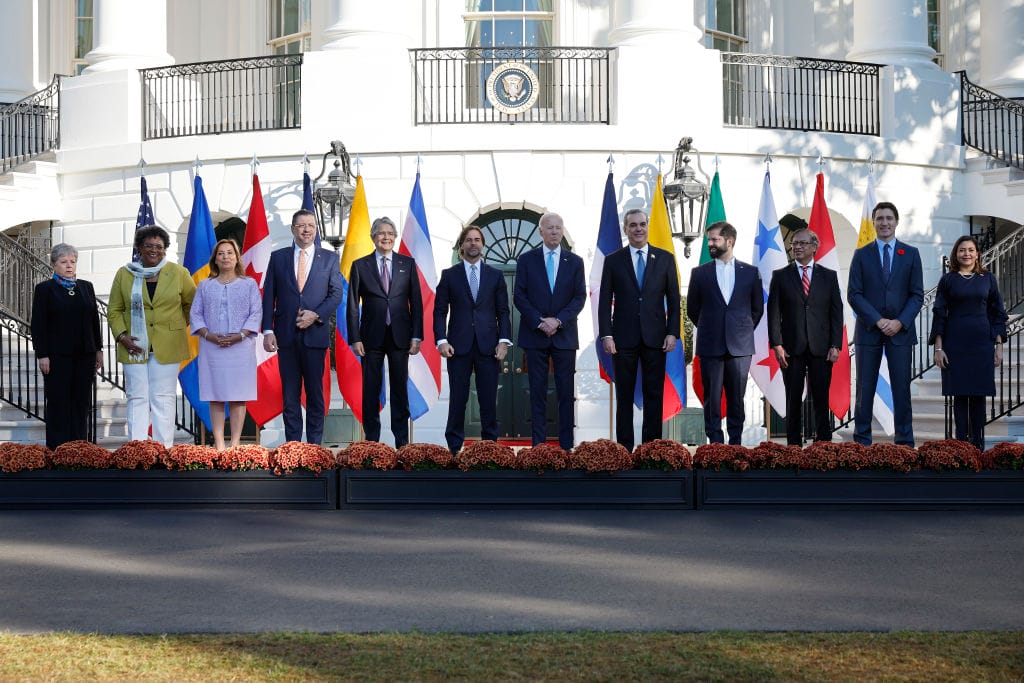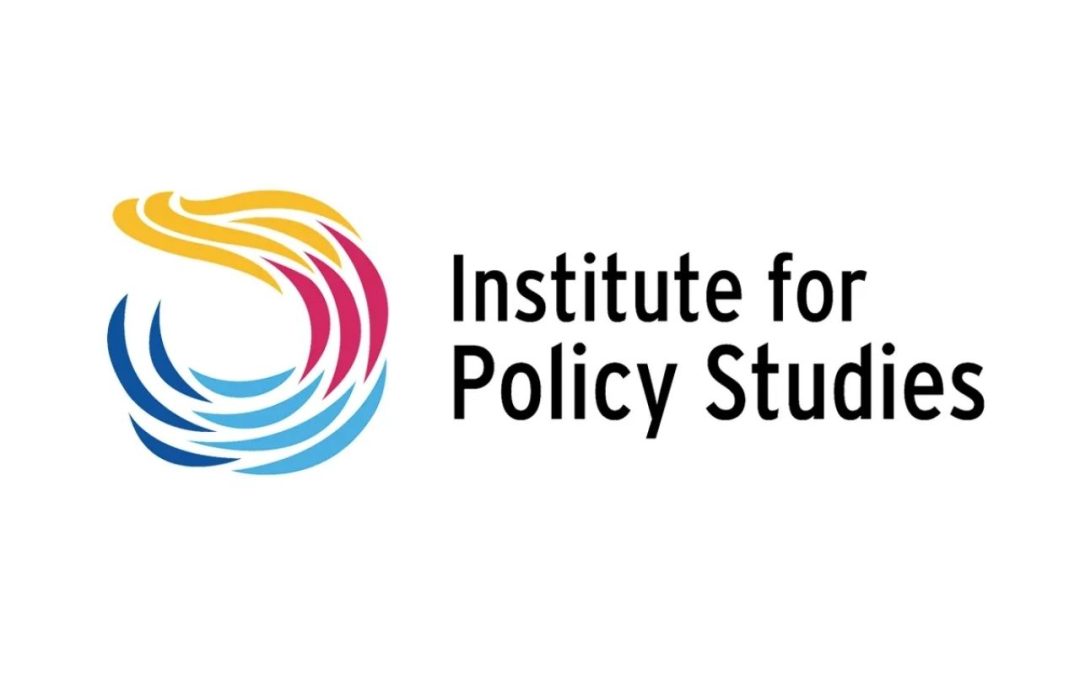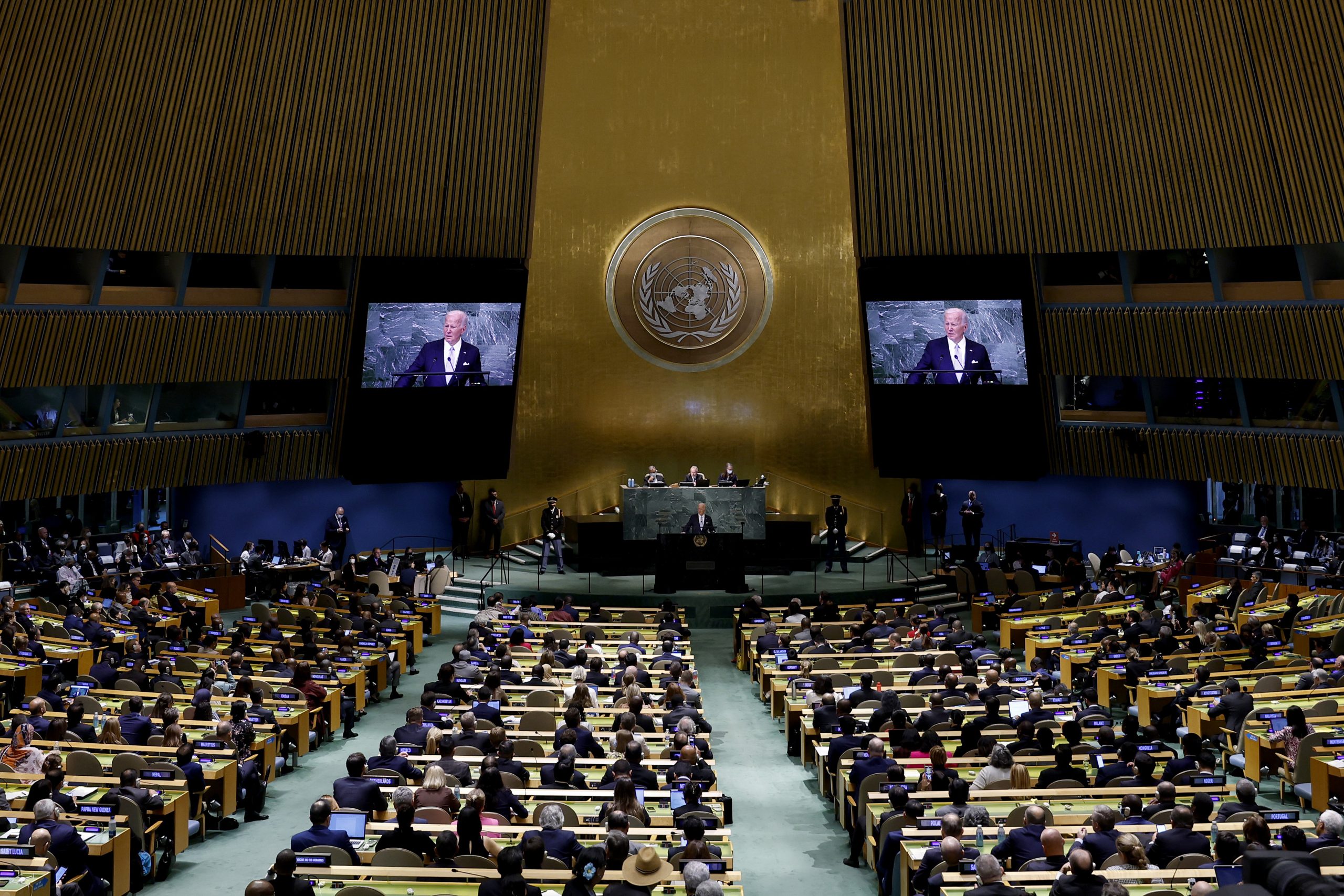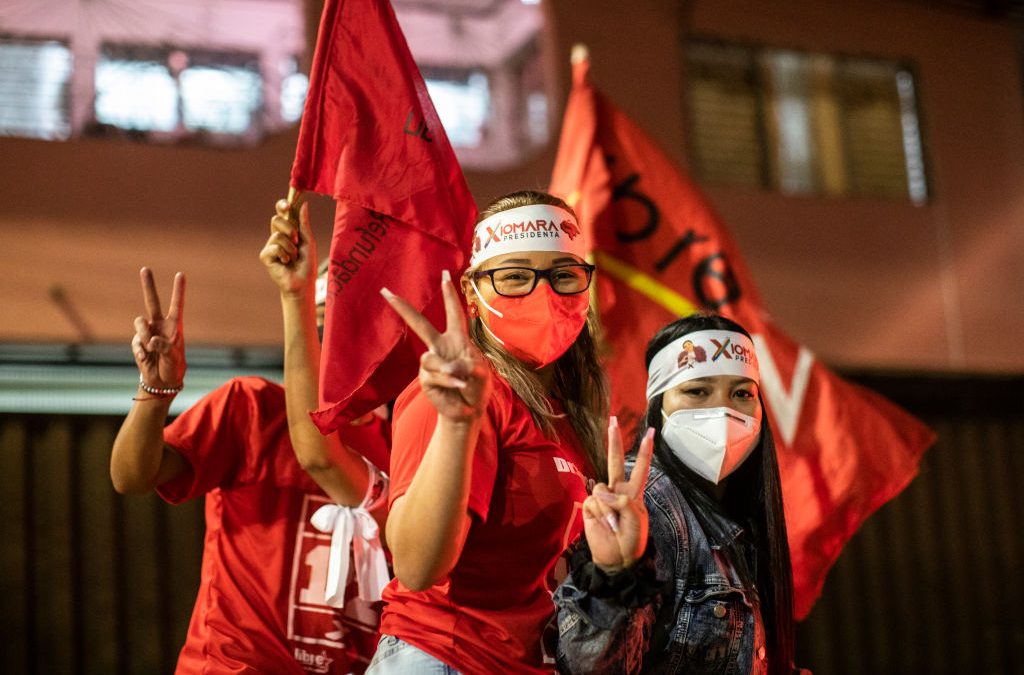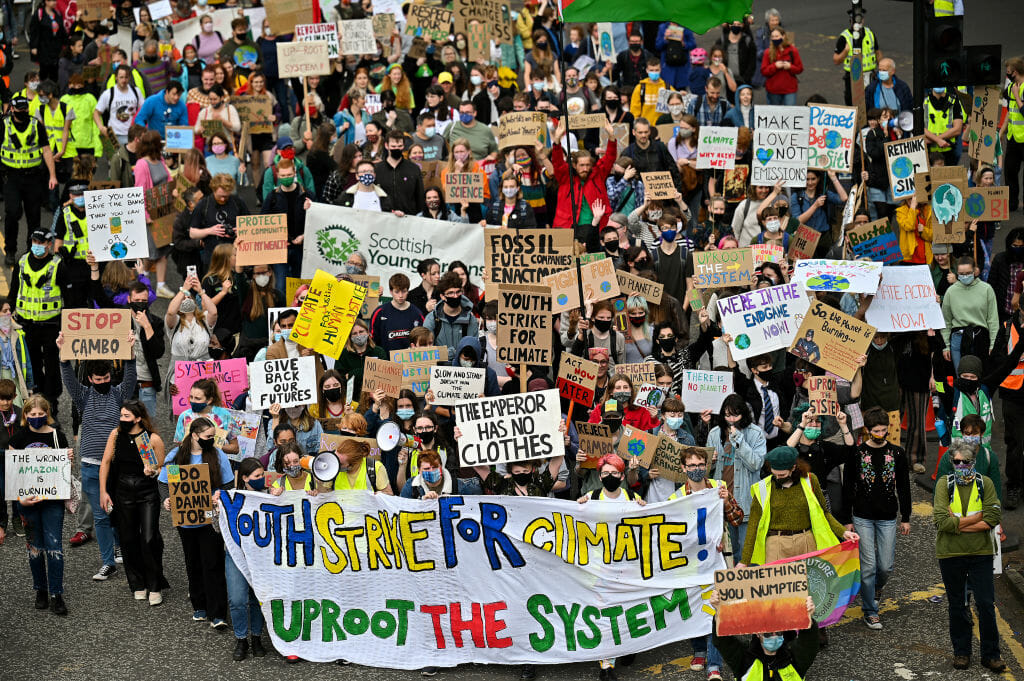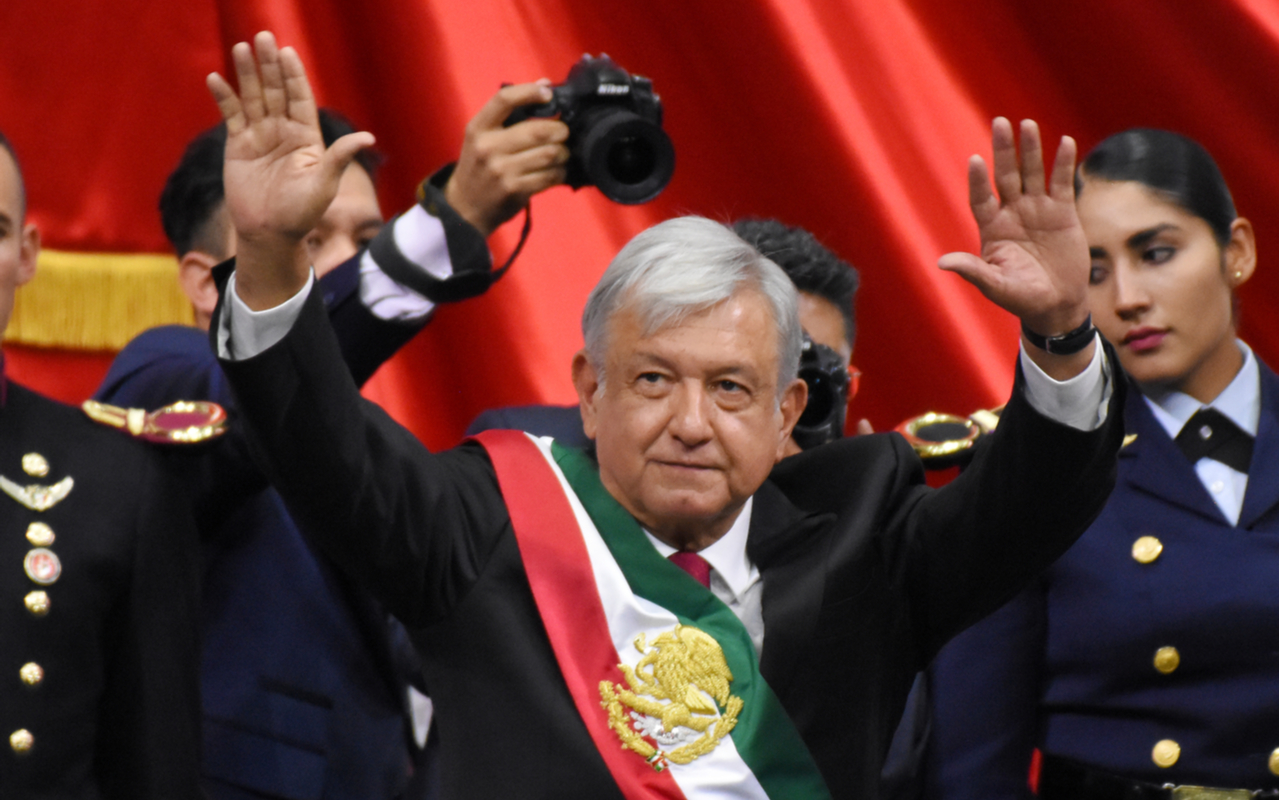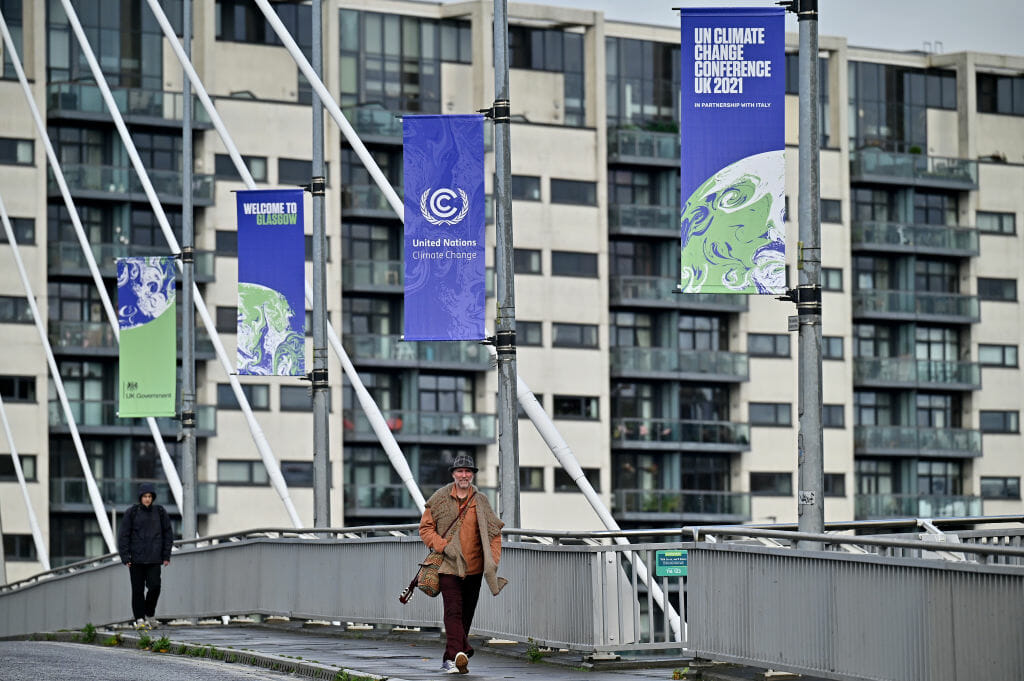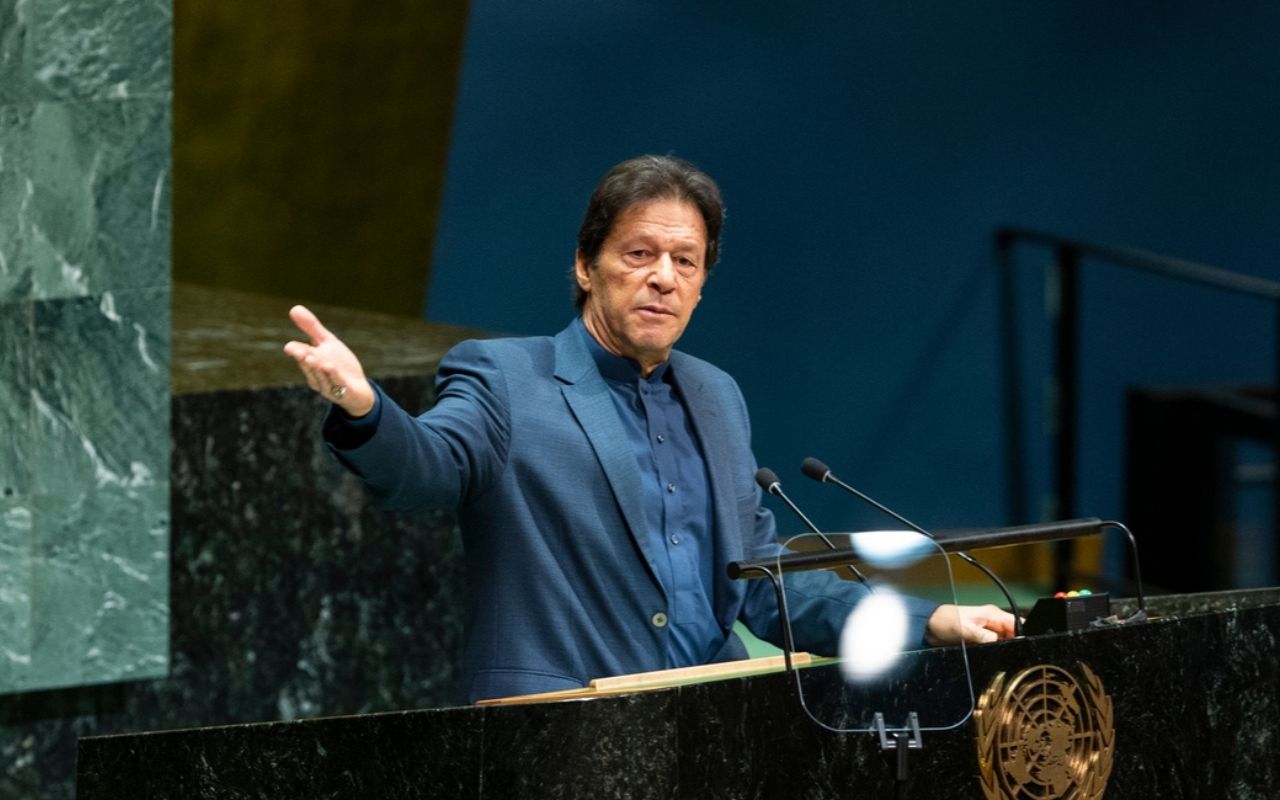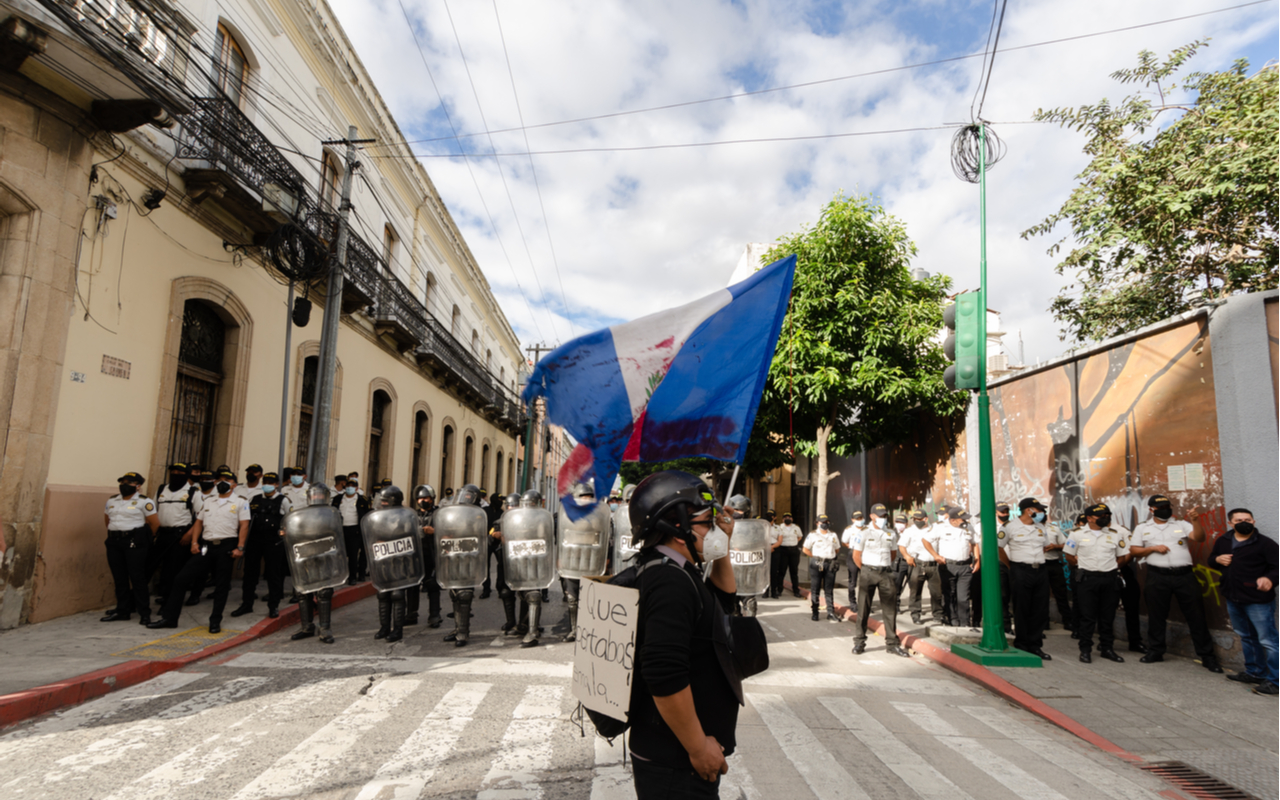Manuel Pérez-Rocha is an Associate Fellow of the Institute for Policy Studies in Washington and an Associate of the Transnational Institute (TNI) in Amsterdam. He is a Mexican national who has led efforts to promote just and sustainable alternative approaches to trade and investment agreements for two decades. Prior to working for IPS’ Global Economy Program, he worked with the Mexican Action Network on Free Trade (RMALC) and continues to be a member of that coalition’s executive committee. He also worked for the Make Trade Fair campaign of Oxfam International.
Manuel studied International Relations at the National Autonomous University of Mexico (UNAM), has a diploma on European Studies from the Autonomous Technological Institute of Mexico (ITAM) and holds a M.A. on Development Studies from the Institute of Social Studies (ISS) in The Hague, Netherlands. Some of his last publications include op-eds in The Nation and The New York Times.


